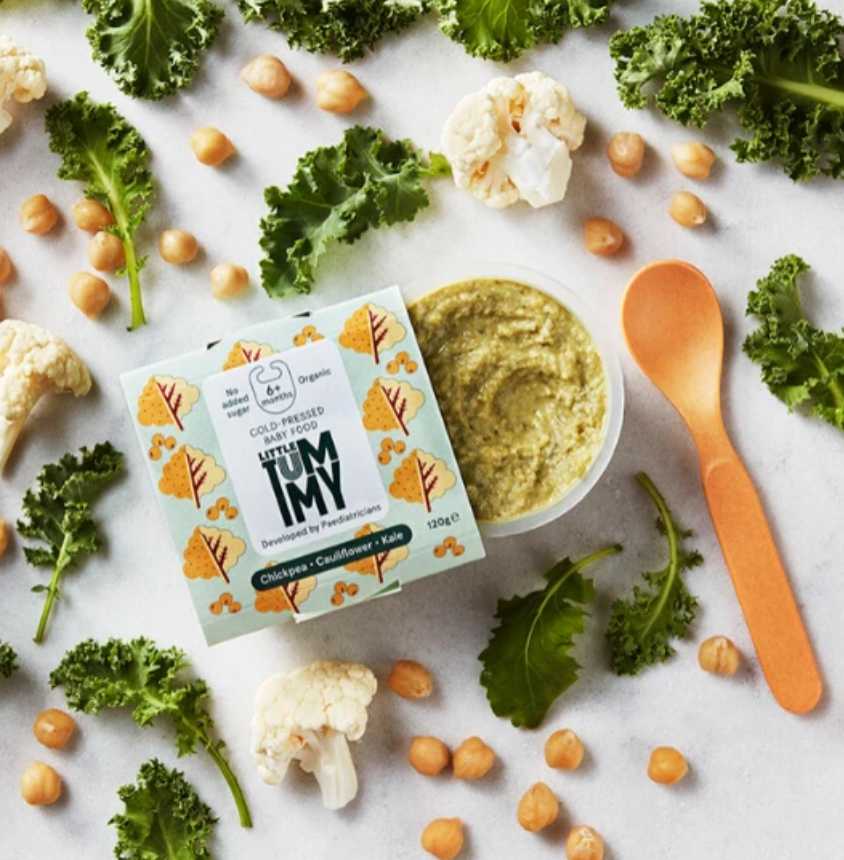
Food intolerances. It’s a funny old thing. Every body is different and the older we get, the more we seem to be tuning into our bodies. Over time we get to know a little more about what our gut likes and dislikes. I certainly do, but it doesn’t stop me eating the things I enjoy. But at what price? You know what I mean when you eat that big meal and have a total belly bomb after. Your head says yum but your gut says errrrr…no thanks. Yet, if we have those feelings on a regular basis, it could be a sign that you have a food sensitivity or intolerance. It might be that you’ve been feeling tired (I mean, really, who isn’t?) or you may have ongoing headaches, constipation or tummy aches.
Have you ever had a chance to stop and wonder the food you are eating could be part of the problem. Perhaps it’s just our British way sometimes to solider on. To not wish to make a fuss over our stomach issues, but perhaps that’s part of the issue. Do you have a gut instinct that something is just not quite right? And if so, what do you do about it?
Experts, social media and magazines are regularly telling us to focus on our health and wellbeing. It remains a very hot topic and perhaps, at last, we are starting to pay a little more attention. Never before have I had so many conversations about my bowels with friends. Food intolerance is thought to affect about 45% of the UK population and can cause a range of symptoms. Some symptoms can be quite obvious and affect us most days such as upset tummies, migraines, headaches and skin problems.
But if you don’t know what’s causing the bloated tummy, headaches or similar, how would you know what foods to try and avoid. It’s a minefield. I suffered with terrible headaches for years. One of my first attempts at finding a solution, was to continuously tweak my diet. Cutting out certain things like gluten, coffee or sugar for a week and hope for the best. If I was off sugar that week, I just found that all I could think about was a jam doughnut. Isn’t it always that case that when someone tells you that you can’t have something, you just automatically crave it even more. However, as you might expect, cutting jam doughnuts did not lead to any scientific revelations about my gut, nor did it generate any reliable results. Yes. Interesting.
This is mostly because it can be up to 72 hours before a reaction occurs, meaning finding the root cause can be hard work. It wasn’t until I finally did a food intolerance test last year (a simple pinprick blood test) which swiftly uncovered that it was an intolerance to dairy, eggs, yeast and wheat, which all were contributing to the majority of my headaches. However, it gets worse, I was apparently also intolerant to wine and prosecco. I genuinely thought someone was having a joke with me. Wine? Really?
Nine months on from my food tolerance test and although there are plenty of foods I miss (and the wine), I have come to the conclusion that for a happy stomach and a happy head, I must listen to my inner self and follow my gut instinct which is to avoid the foods that make my body feel sad. It’s gin all the way from here.
Some medical professionals believe that the majority of our wellbeing might come from the complicated relationship between the brain and our intestines. For me personally, I now know what works for my gut and what doesn’t. Cutting foods such as gluten from your diet isn’t easy, but if you suffer from a wheat intolerance, it can truly transform the way you feel. Healthy eating blogger and writer Deliciously Ella removed gluten from her diet after being diagnosed with a relatively rare illness called Postural Tachycardia Syndrome. Ella cut out processed foods from her diet and took up a whole-foods, plant based diet. She says on her website that changing the way she ate was hard and how it was a massive change from eating ice cream, chocolate, cereal, pasta and a whole host of other processed foods. Over time (about two years) she was able to manage the symptoms of the illness and eventually come off all the medication. I would recommend looking at her website. Some of her healthy recipes look incredible.
As a mother of two, this article makes me think about our next generation. Thank you to all the parents who recently shared their stories with me about intolerances and reactions their children suffer from. It was a real eye opener. The UK is one of the top 3 countries in the world for the highest incident of allergies and 50 per cent of children and young people have one or more allergy within the first 18 years of their lives. So if your child is suffering from a reaction to milk, diary, gluten or similar, my advice is to follow your gut instinct and contact a company, such as York Test who can give you expert advice on intolerance tests.
YorkTest has recently launched FoodScan Junior, which is aimed at children aged between 2 and 18. The process involves a simple finger-prick blood test that can be carried out in the comfort of your own home. The blood sample is then posted back to the YorkTest Laboratory in a pre-paid envelope to be analysed for IgG antibodies in the blood, which are produced as a defence against foods causing a reaction. A total of 113 ingredients are tested and the kit also includes a daily food and drinks diary, plus two consultations with a Nutritional Therapist who will offer support and knowledge to help you replace your child’s trigger foods with balanced alternatives.
Junior Food Intolerance tests – http://www.yorktest.com/blog/childs-health-foodscan-junior/
On a final note, if you do suffer with intolerances and are looking for some food inspiration, jump onto www.deliciouslyella.com
My heart will always crave a croissant but my gut will try and stop me in my tracks. I now have to eat with my head and not my heart for a happier, healthier me. It’s not easy, but I’m getting there!
Help & Advice
Giulia Enders’ book entitled, Gut: The Inside Story of Our Body’s Most Underrated Organ – The book was a bestseller here in the UK.
Complete an Intolerance Test – www.yorktest.com
Medical Note: Always seek medical advice if you have regular, ongoing symptoms. Coeliac disease for example is gluten allergy/intolerance but has long term consequences that need medical care. For more information, visit the NHS website.




Leave A Comment